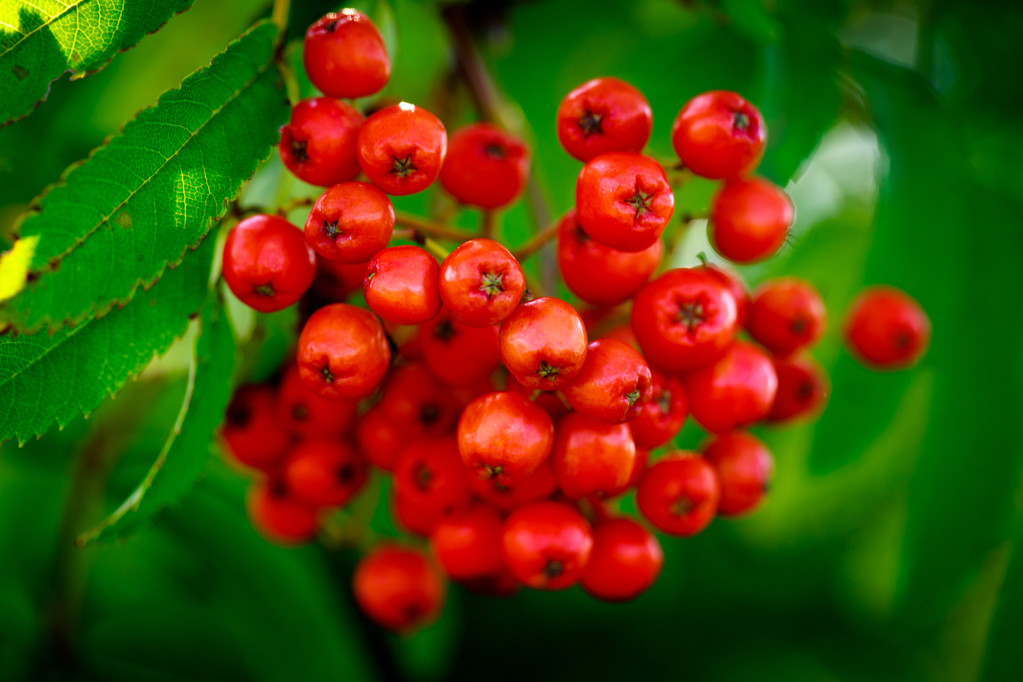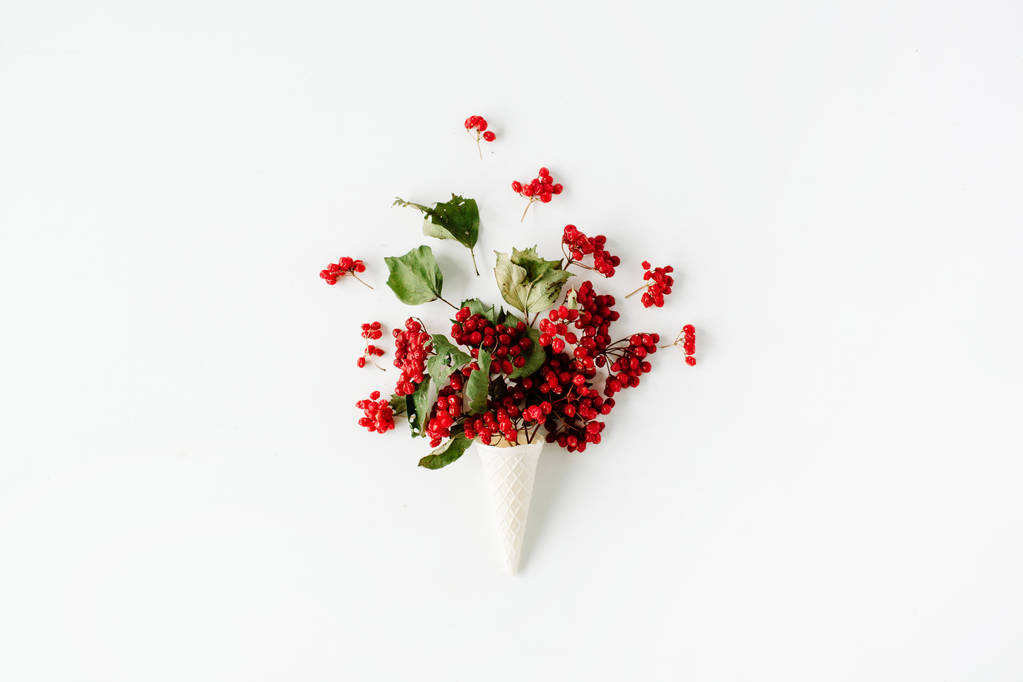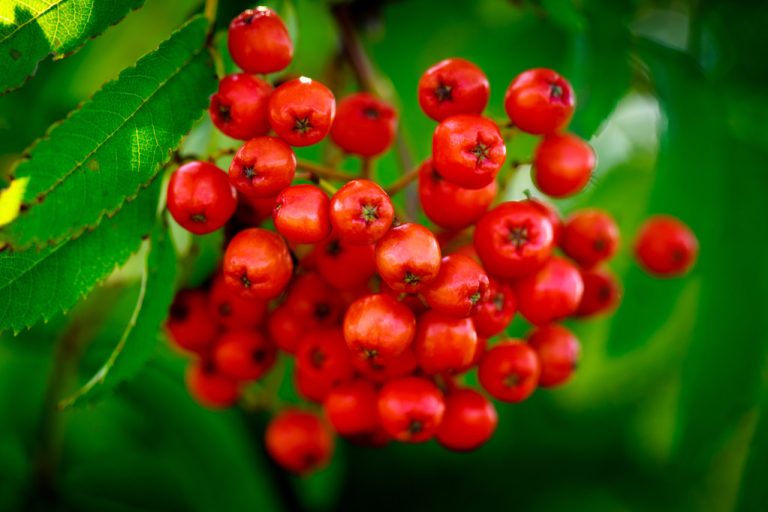The assumption that rowan berries are poisonous persists. We explain the actual connections and how you can use rowan berries.

Rowanberries are not poisonous
According to the Nature Conservation Union, the bright red rowan berries along the way are not poisonous – but you should only eat the tart wild fruits cooked. This is because the bitter parasorbic acid becomes easily digestible sorbic acid.
A special form of the rowan berry from Eastern Europe is the Moravian, also known as the sweet mountain ash. The bitter-free cultivar has such a high sugar content that you can eat it straight from the tree. Its berries are up to 1.3 centimeters thick. Moravian also grows here and is actually one of the most popular rowan berries.
The very sour and bitter-tasting fruits of the local mountain ash are rich in vitamin C (80-100 milligrams per 100 grams of berries). According to the Federal Center for Nutrition (BZFE), rowan berries also contain provitamin A, which is important for the visual process after it has been converted into vitamin A in the body. It also contains essential oils and fiber such as the gelling agent pectin.
A puree of rowanberries (see instructions below) is said to help against loss of appetite and indigestion. In folk medicine, rowan berries are also known to help with colds, gout and rheumatism.
For a long time, rowan berries had another medical benefit: a certain type of sugar, sorbose, used to be used as a sugar substitute for diabetics. Today it is produced industrially as sorbitol.

Non-toxic: rowanberry jam
Rowanberries ripen in October. According to conservationist Sönke Hofmann, the best time to harvest is after the first frost, as the fruits develop their sweet and tart aroma afterwards. You can boil the red rowanberries with apples and lots of sugar to make them edible.
However, if you wait too long, you can be unlucky that the animals have already eaten most of the berries.
You can make the following delicacies from rowanberries, as confirmed by the Federal Center for Nutrition:
You can use the berries to make jam or jelly for your breakfast.
you can make a sweet rowanberry syrup or juice yourself.
If you want to make a special drop, a liqueur or brandy made from rowanberries would be an innovative idea.
A chutney made from rowanberries, for example, goes well with a soft cheese. You can use onions, tomatoes, raisins and peppers in it.
Rowanberries also taste good in pastries and cakes.
For rowanberry puree, you should soak the fruit in water with a dash of vinegar overnight. You can then pass them through a sieve and mix them with mild-tasting fruits such as apples, quinces or pears. Cinnamon and cardamom are suitable spices.
You can also add the dried berries to fruit or herbal teas.

